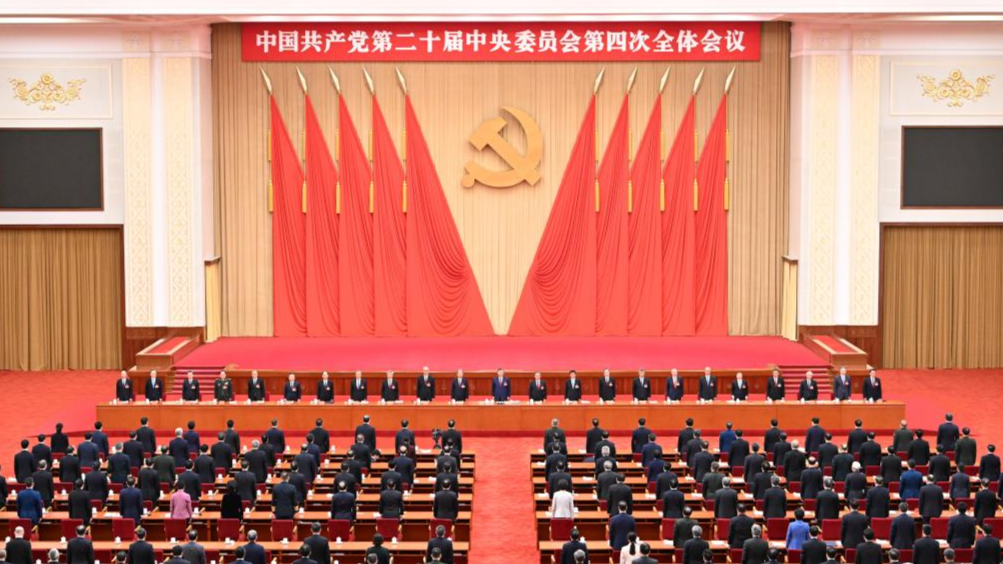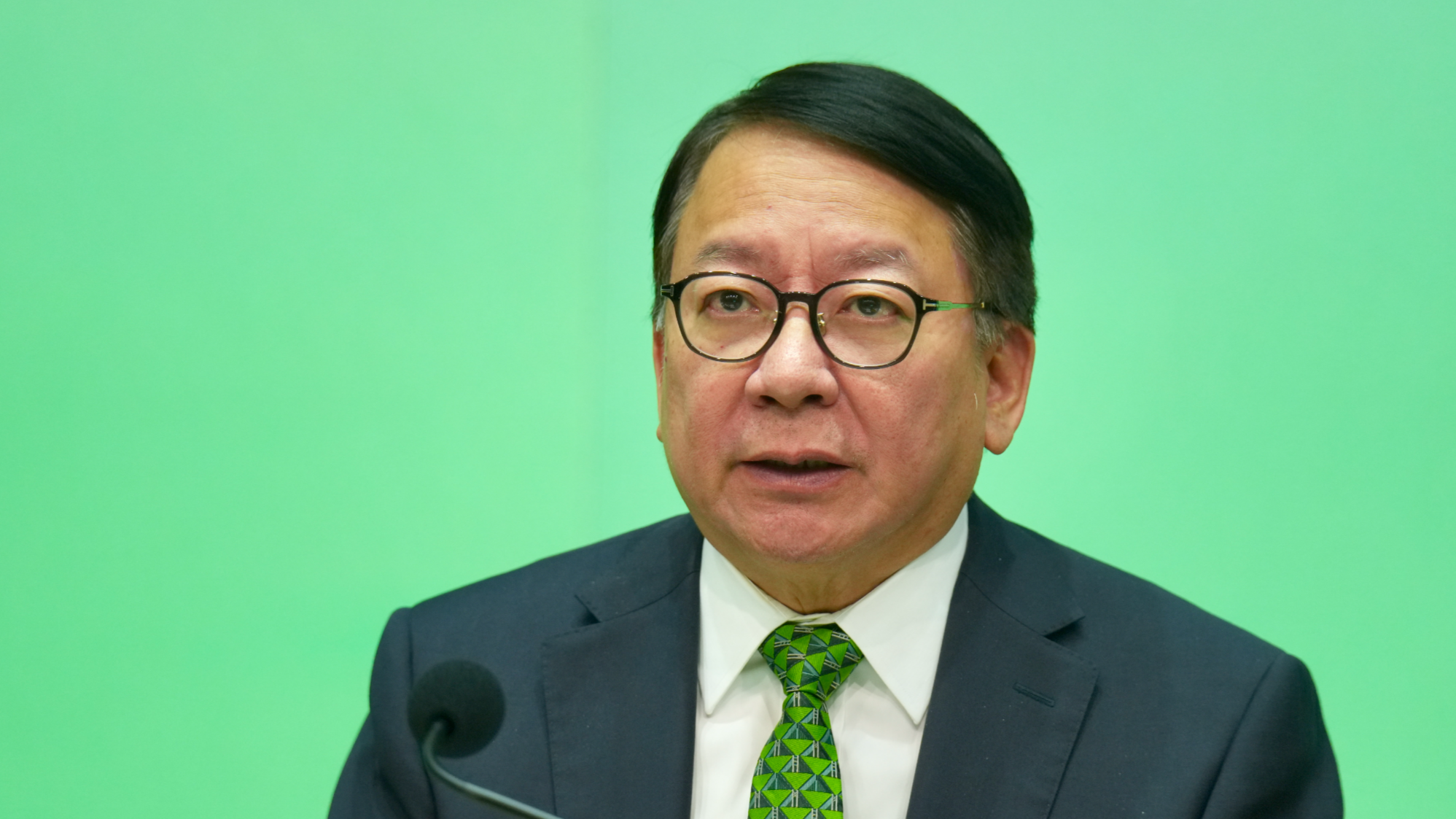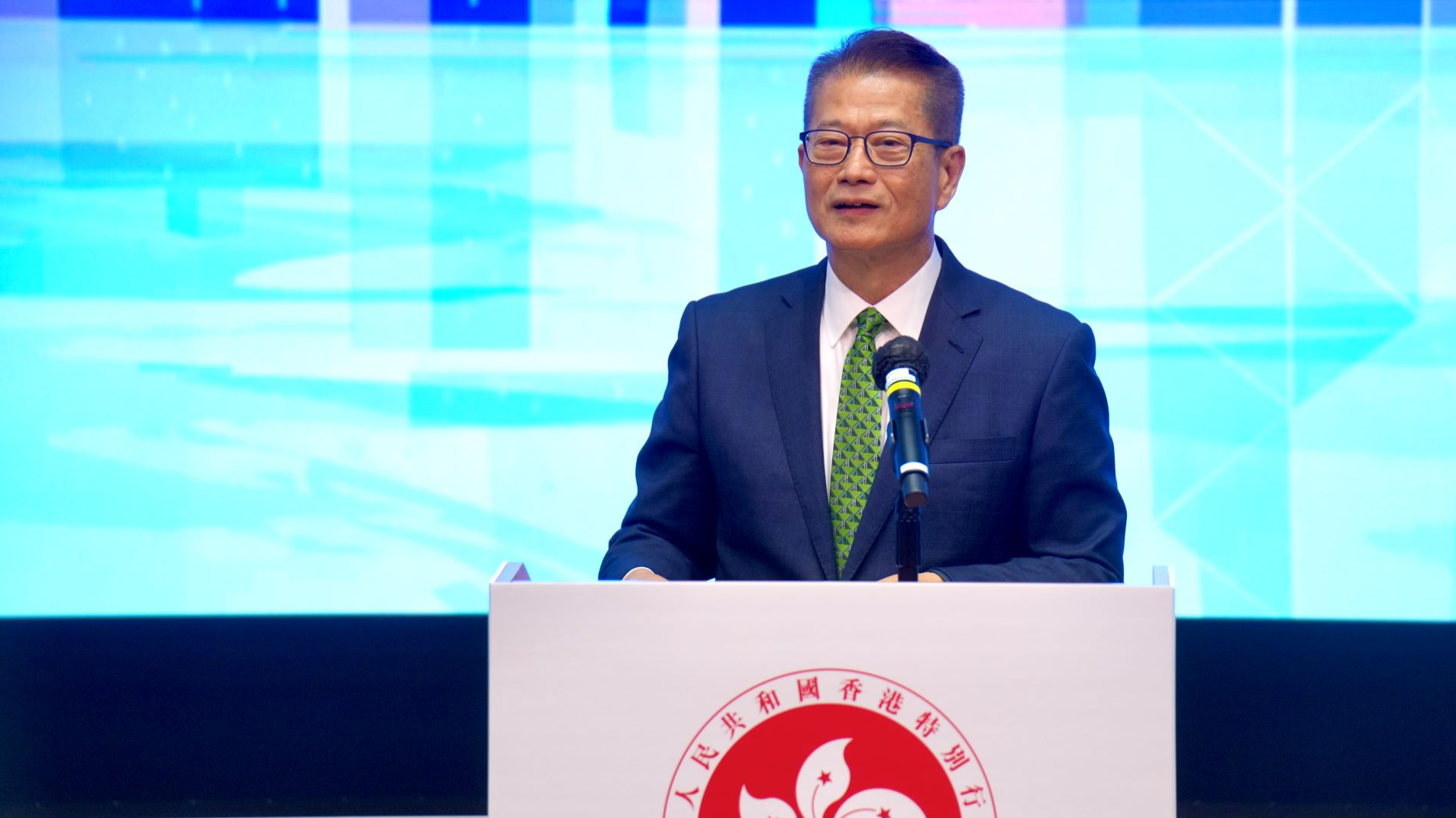
Senior officials and representatives from various sectors in Hong Kong urged the city to proactively ride on the momentum generated by the recommendations of the nation’s 15th Five-Year Plan (2026-30) and to follow the new national blueprint to achieve greater success.
The fourth plenary session of the 20th Central Committee of the Communist Party of China, held in Beijing on Monday through Thursday, adopted the Recommendations of the Central Committee of the Communist Party of China for Formulating the 15th Five-Year Plan for Economic and Social Development.
A communique release after the plenum said that from 2026 to 2030, China aims to make significant advancements in high-quality development, seek to achieve greater self-reliance and strength in science and technology, steer the development of new quality productive forces, and build a modernized industrial system. It also said the nation should work for long-term prosperity and stability in the Hong Kong and Macao special administrative regions.
READ MORE: John Lee: National plan ‘of great significance’ for SAR
The recommendations of the new Five-Year Plan signals how the world’s second-largest economy will advance its progress in a world that undergoes unprecedented changes, the communique said.

In his social media page, Hong Kong Chief Secretary for Administration Eric Chan Kwok-ki said that the recommendations outlined specific requirements across 12 key areas, which are closely linked to Hong Kong's development focus and the SAR government’s policies, carrying crucial guidance.
He urged all sectors to thoroughly grasp the spirit of the plenum and integrate it with Hong Kong's development needs, direction and planning, thereby understanding the city's role within the broader national development framework.
Chan said he was deeply moved by the communique’s commitment to promoting the long-term prosperity and stability of Hong Kong and Macao, which signifies more support from the nation and larger development opportunities for the city.

Financial Secretary Paul Chan Mo-po said that the session offered a thorough and precise assessment of the complex development landscape facing the country both currently and over the next five years. The spirit of the session can also provide guidelines for the development of the Northern Metropolis, he said.
He committed to strengthening Hong Kong’s traditional strengths in finance, shipping, and trade, while pursuing innovation in emerging sectors such as technology, healthcare, multinational supply chain management, and commodity trading. With all these efforts, Hong Kong will better support national development and also secure broader opportunities for its own growth, enabling its residents to enjoy more benefits of high-quality development, Paul Chan said.
Lau Siu-kai, a consultant with the Chinese Association of Hong Kong and Macao Studies, said that since the beginning of the 14th Five-Year Plan (2021-25) in 2021, the central government has actively incorporated Hong Kong's development into the national framework while propelling the city’s growth through different policy measures.
Anticipating closer alignment between Hong Kong and the national development strategy in the upcoming 15th Five-Year Plan (2026-30), Lau said he expects Hong Kong to benefit from the economic momentum generated by the Chinese mainland’s high-quality growth, and to benefit from additional favorable policies introduced by the central authorities.
READ MORE: HKSAR should take active part in drafting 15th Five-Year Plan

Henry Tang Ying-yen, a Hong Kong member of the Standing Committee of the Chinese People’s Political Consultative Conference National Committee, said he is confident that the 15th Five-Year Plan will elevate the country in economic, technological, innovative, and creative terms, opening up new development opportunities for Hong Kong’s economy.
He said that Hong Kong is at a pivotal moment in its economic development, with the nation serving as its steadfast support. Therefore, stakeholders across all sectors should seize these opportunities, leveraging Hong Kong's unique strengths under the “one country, two systems” principle to deepen the city's integration into national development, align more closely with national strategies, and generate stronger momentum for local growth.
Numerous organizations, including the Chinese Manufacturers' Association of Hong Kong and the Business and Professionals Alliance for Hong Kong, have expressed anticipation about the significant opportunities that the recommendations will bring to Hong Kong. Stakeholders said that they will seize these opportunities and align them with their own sectors, contributing to the development of both the city and the country with practical actions.
Contact the writer at amberwu@chinadailyhk.com


